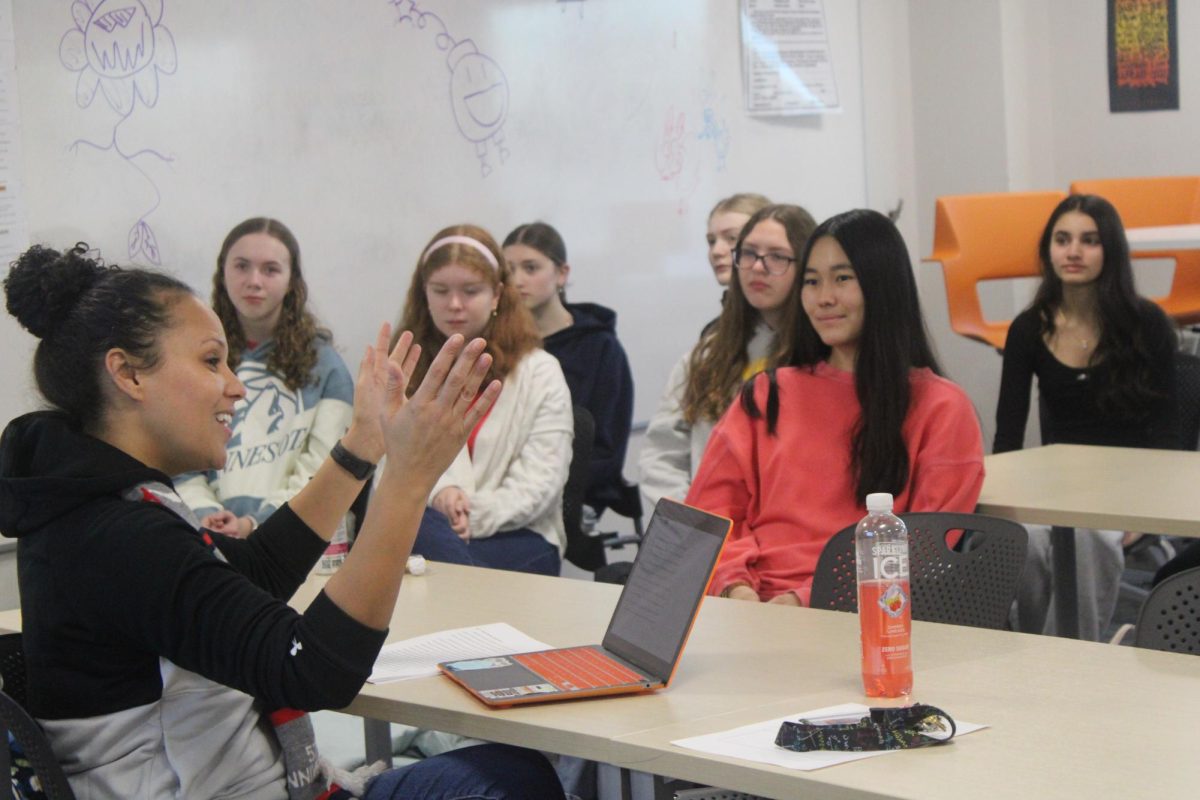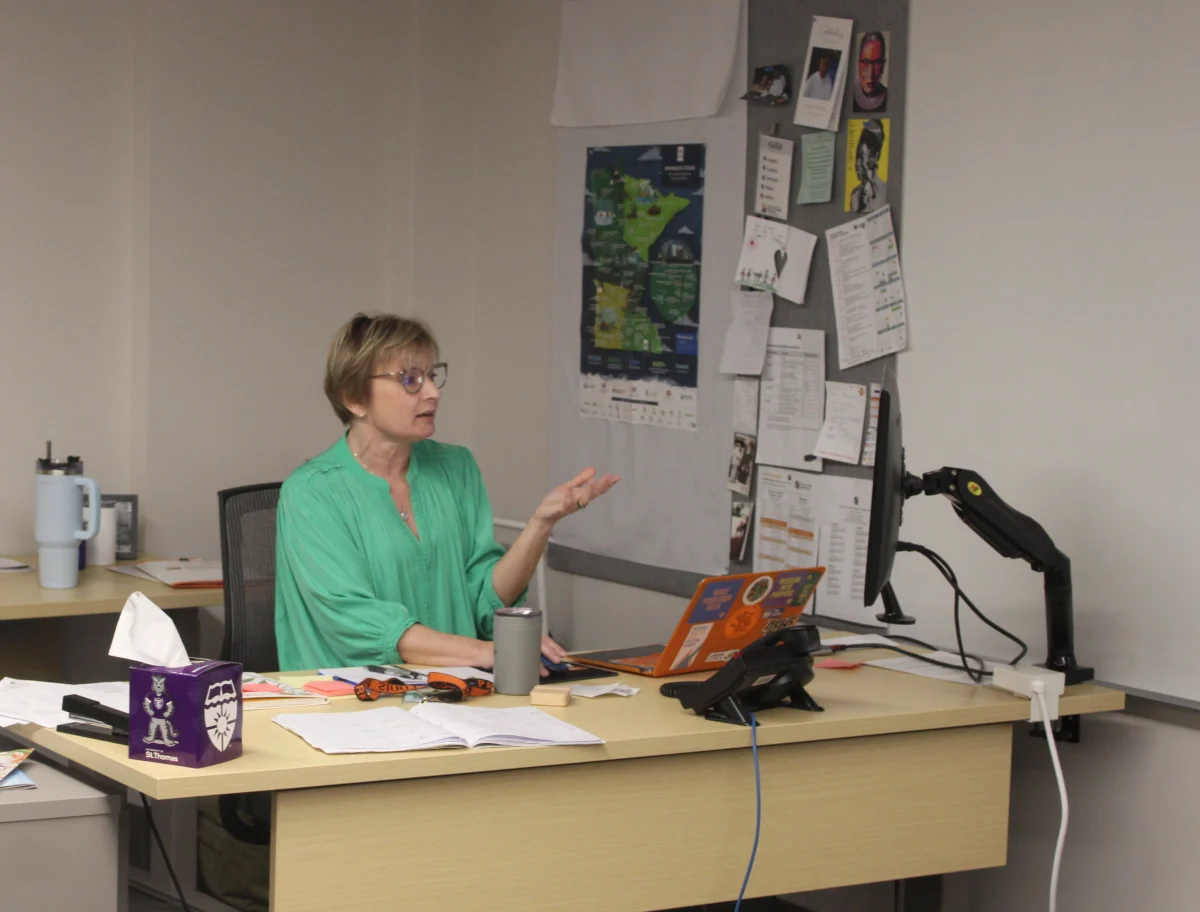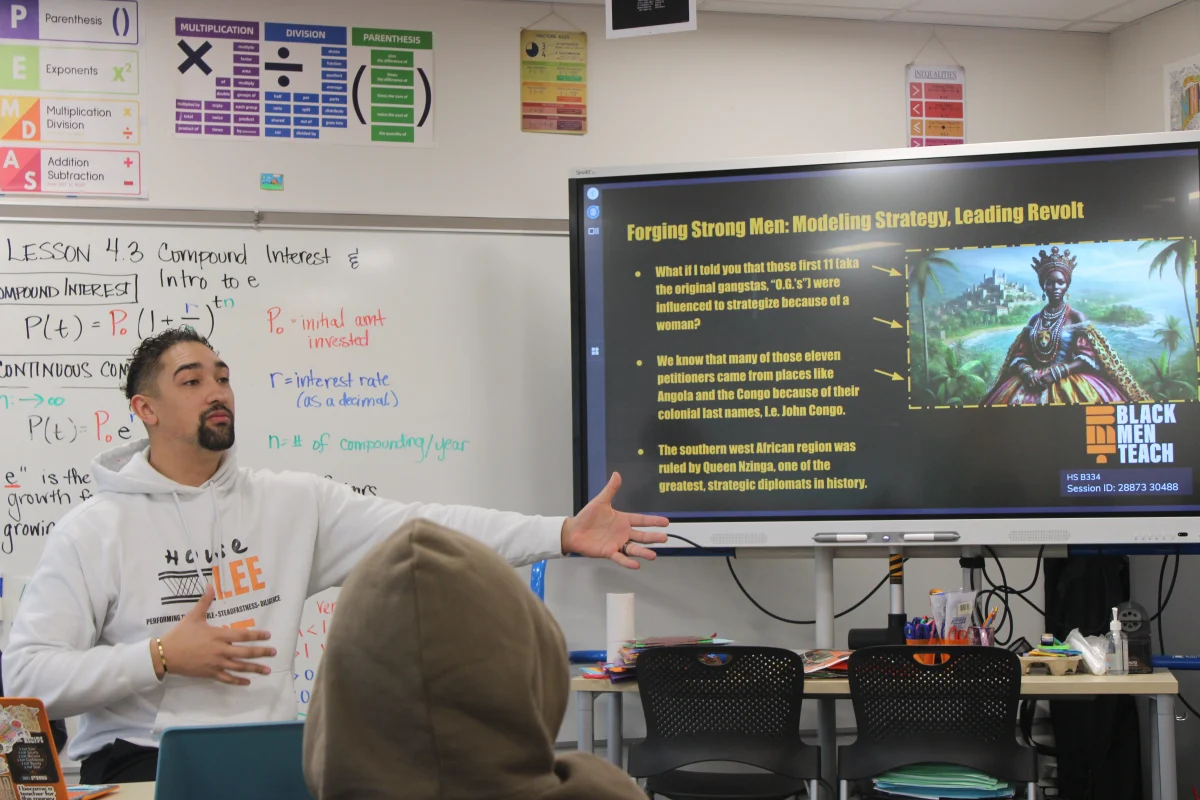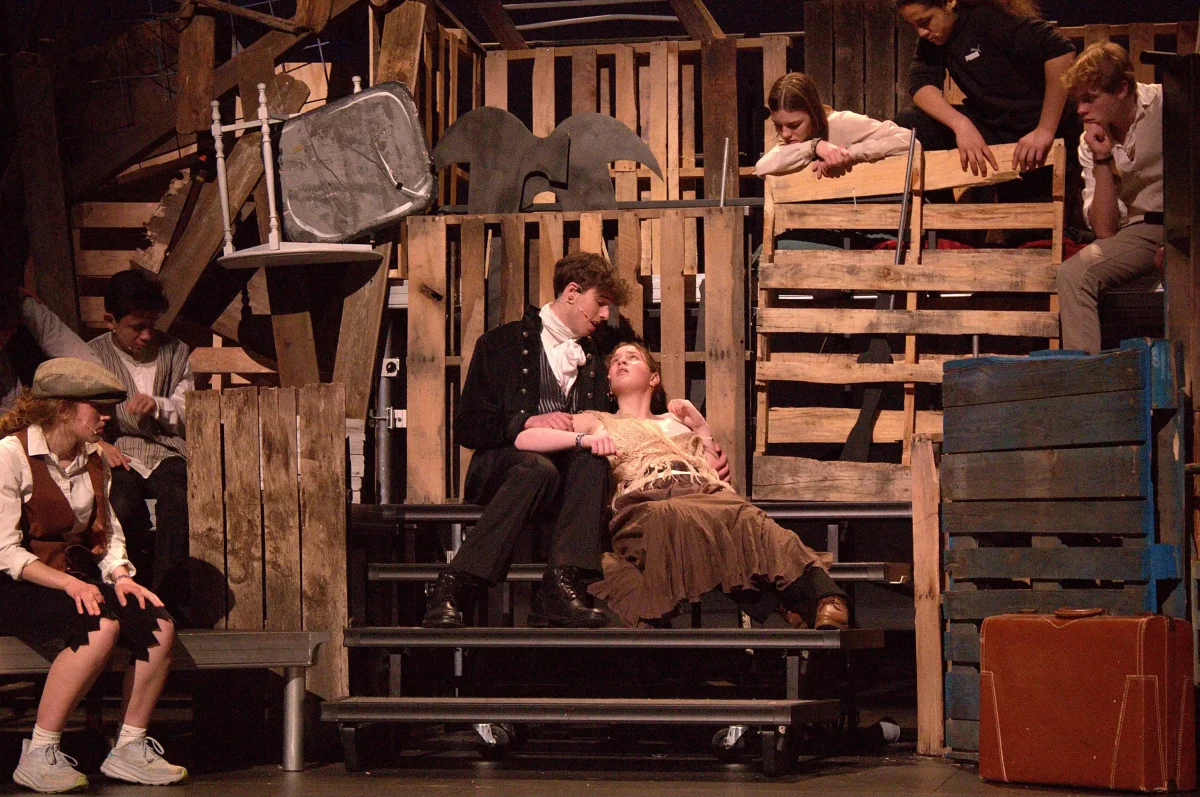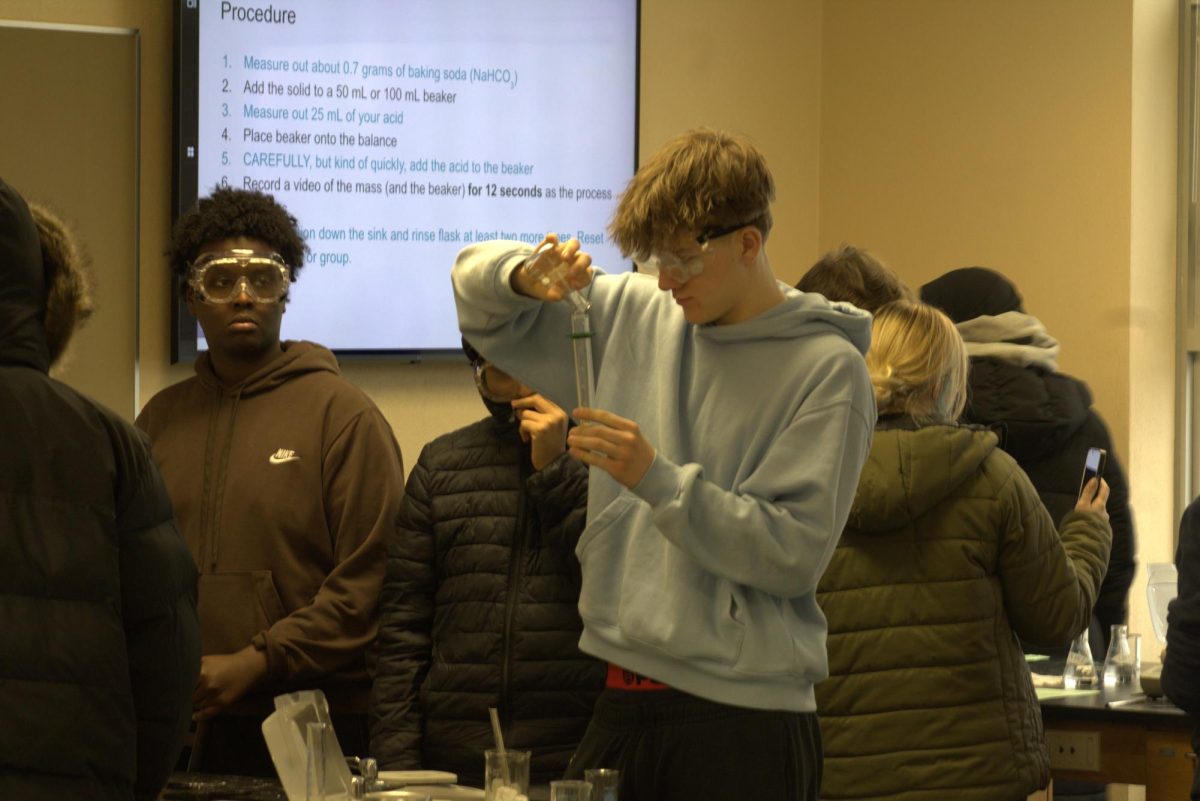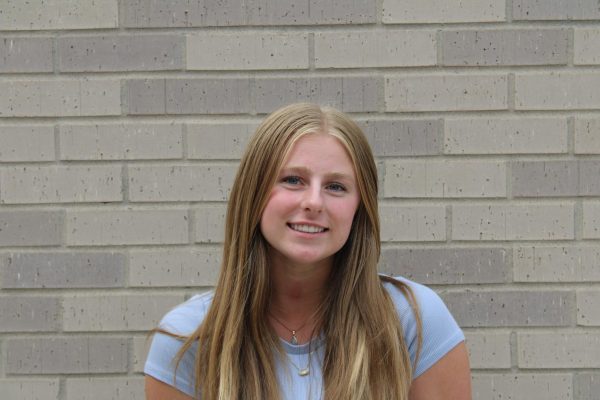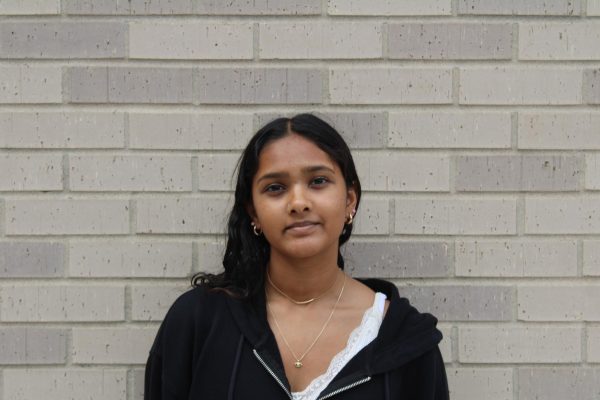Every year, February is federally recognized as Black History Month. This time is not only an opportunity to uplift each other and reconnect with culture but also to recognize the past and the journey that lies ahead in fighting racism. Park’s Girls United had a meeting on Feb. 13, focused on celebrating and learning about race and identity by listening to a guest speaker read her autoethnography.
Previous Students Organized for Anti-Racism (SOAR) advisor and math teacher Jessica Davis guest spoke at the gathering, covering the significance of empowering and giving a voice to every person in the education system. According to Davis, an aspect of her autoethnography she hopes people resonate with is knowing yourself, what makes you unique and how you can create solutions from your experiences.
“I want folks to reflect on their own journey. What makes them them? How do they get there? What are they being influenced by, and then, what do they want to do with it?” Davis said. “I teach math, and it’s not about being able to solve a quadratic on the street. It’s about, how do you problem-solve to be able to fix the problems around you, because the adults in your life have created a lot of problems that you’re going to have to solve.”
Sophomore Asha Ferran-Sapatnekar said she enjoyed learning how Davis developed her perspective on identity, and it left her reflecting on her understanding of race.
“I thought it was really interesting. Everything she said, and looking into another person’s perspective is really nice to see another point of view,” Ferran-Sapatnekar said. “I learned about how she saw race and how she saw herself in the world, and it made me wonder about how other people see themselves, each other and how I see myself.”
According to Davis, all cultures are significant in their own way, and everyone should be celebrated because they are all a part of our society. Davis said when she gets asked why it is important to have a Black History Month, she encourages people to flip the narrative.
“I would flip that question—why wouldn’t we, right? Why are we being conditioned to the norm that whiteness is the norm, and then everything else is extra? Something I love about this community is that the Jewish holidays are right in and that is the norm,” Davis said. So, I’m just challenging folks to think outside of the norm, so it’s not that it’s important to celebrate other cultures. It’s important to celebrate all the cultures.”
Senior president Sela Myers said student participation and fostering inclusivity can help with combating racism. According to her, there is a lot of significance in having a safe space to talk about feelings, especially during this time in government.
“Learning, getting involved and trying to find action in ways that uplift the community as a whole (is how students can fight for anti-racism), and there are different clubs that help do that. Honestly just creating spaces where we can have conversations and talk about important issues like racism, especially in a time when the government is changing a lot, and there’s a lot of feelings,” Myers said. I think it’s important to listen to students’ feelings, especially because we have a diverse community here at Park.”
Ferran-Sapatnekar said communication and being knowledgeable on issues are crucial aspects for finding solutions to hard topics like racism.
“Discussion is always important because it’s important to talk about what’s happening to help solve a problem. It’s also important to be informed and to know what’s going on in the world and in our school,” Ferran-Sapatnekar said.
According to Davis, breakthroughs in dismantling a racist system are a team effort and it requires acknowledgment all year, not just during Black History Month. She said that by coming together and sharing each other’s genius, our community can improve.
“It’s not on one Black voice to say, ‘this is what needs to be done’. I think asking those questions of our friends, neighbors, classmates and peers, ‘what do you need right now?’ Uplifting and making sure everybody’s brilliance is recognized and contributed, that should be happening all the time, not just in February,” Davis said.
Myers said Park has a base from which we can encourage better representation of BIPOC students. For example, Park students in the Youth Data Analyst (YDA) internship did research on inequities in our school. However, there is a lot more to be done in terms of executing actual change and creating a school with equitable opportunity. According to her, society is always going through transformation and it will continue to because the fight for anti-racism is just as much in the present as it was in the past.
“I know YDA has done a lot of really cool research on the different problems in our community, and statistics. I know one of them was about how not diverse AP classes were. I think the first part is to find those statistics and learn about them,” Myers said. “But another thing is to implement change, and how can we create spaces where students of color feel welcome in those classes and try to limit bias when teachers are recommending students in honor classes. It’s all constant work so I mean there’s obviously lots of change, but I think YDA and stuff like that is a great start.”
The next Girls United meeting is at 6 p.m. Feb. 26, and the address information is on the Girls United Remind.



